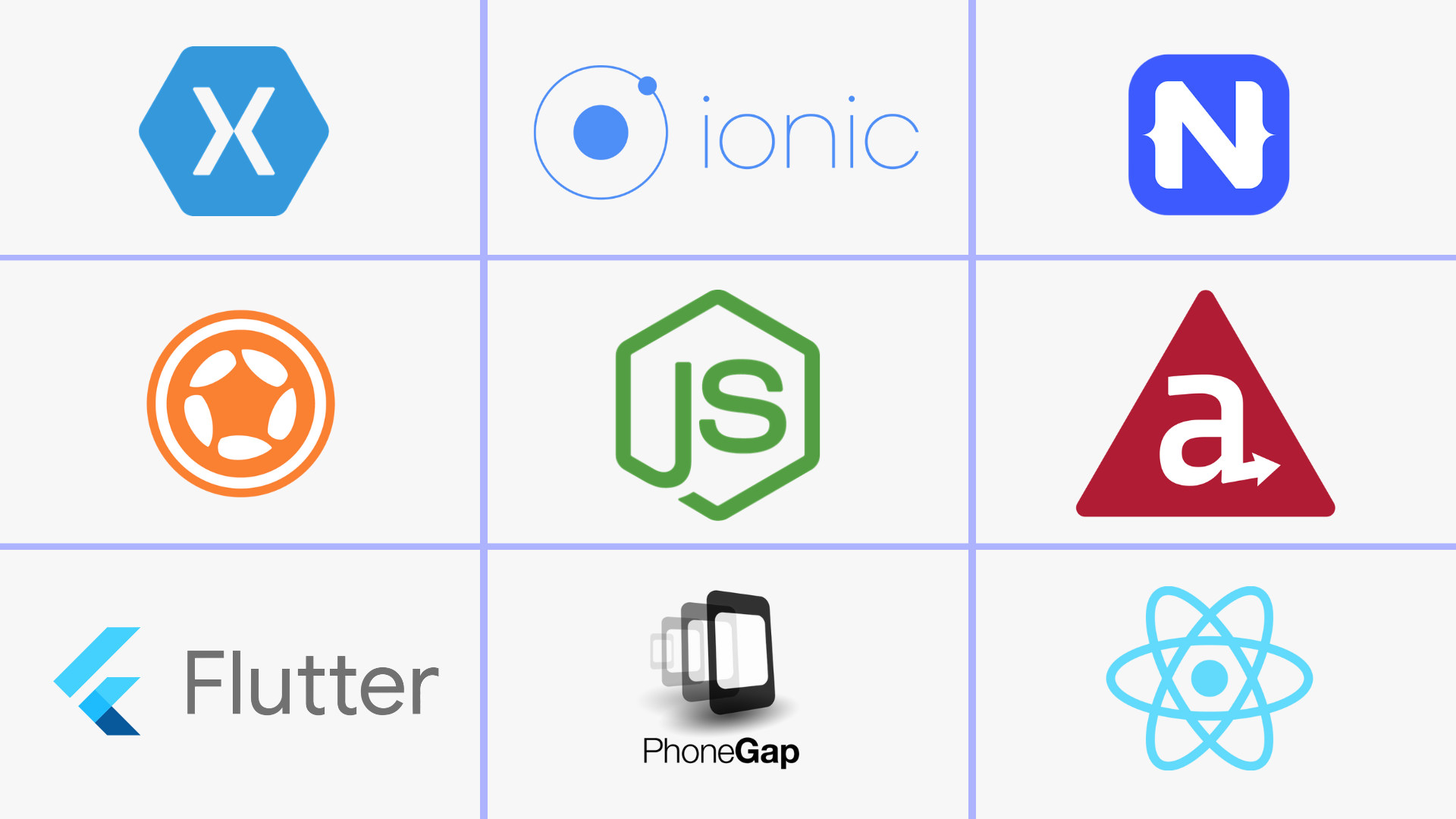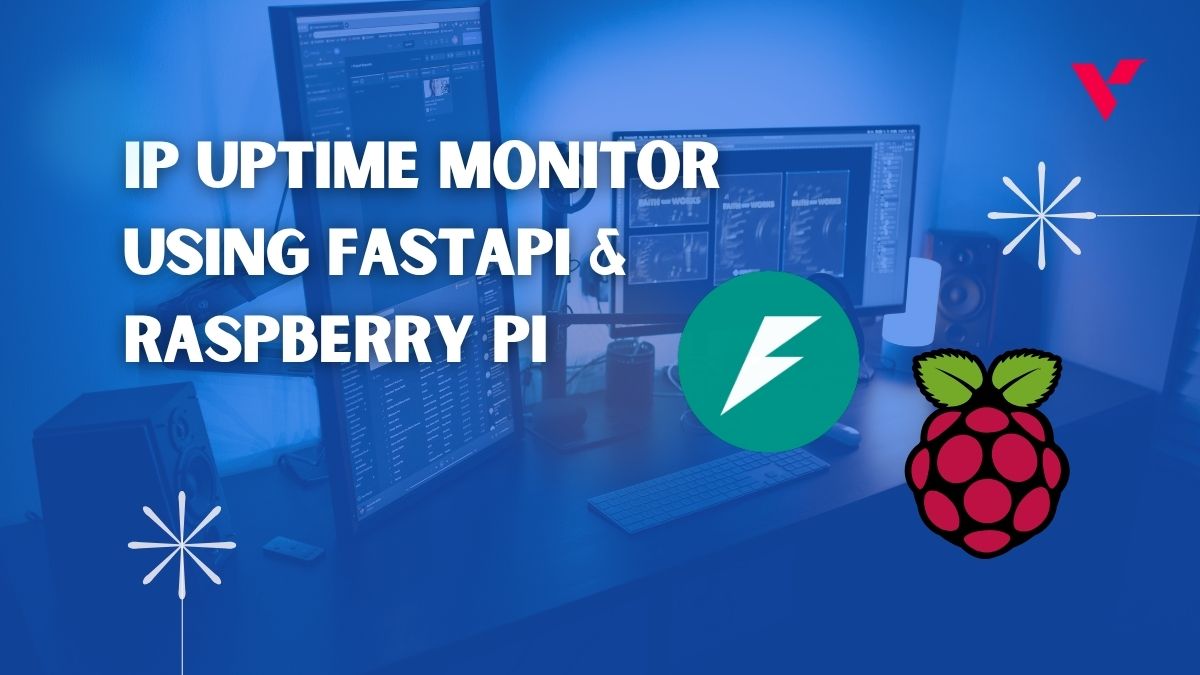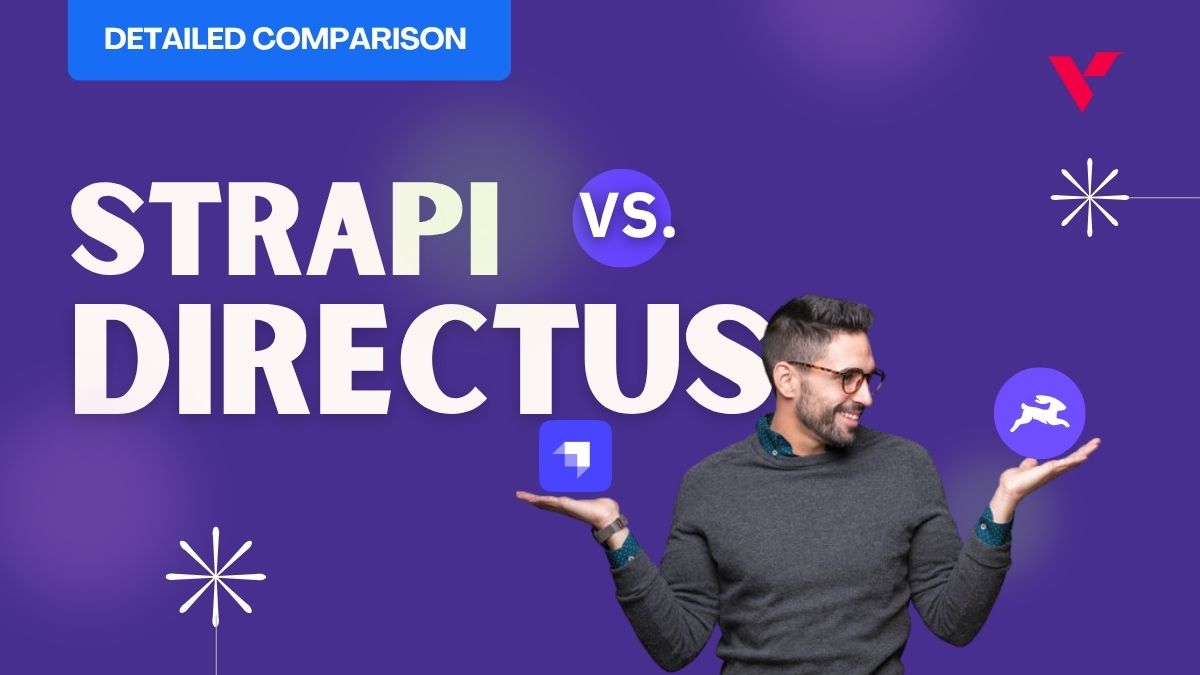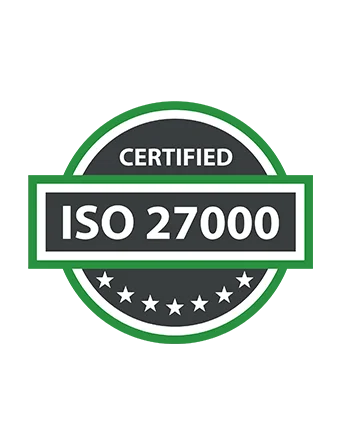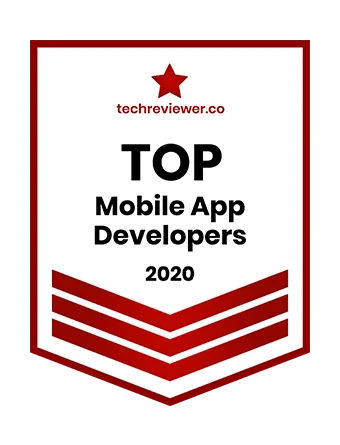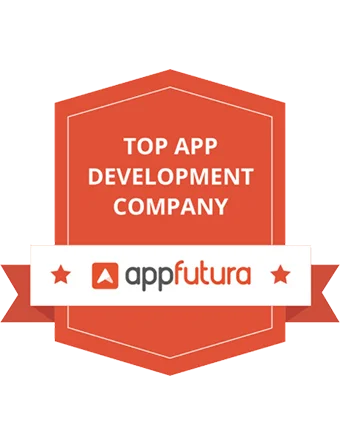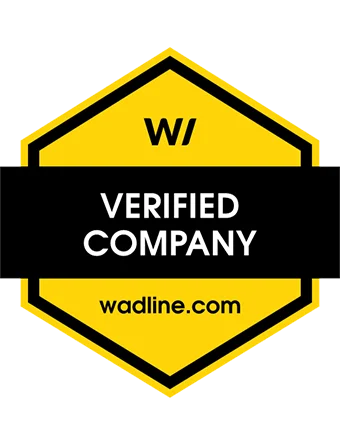This goes without saying that without a large user base no business can survive this fiercely competitive market. In order to subsist in this cutthroat battle of becoming the best among the rest, a business needs to earn handsome revenue and stand out in the crowd. In short, they should reach their financial goals to be successful.
With a strong cross-platform app, you can eliminate the gap between your business and your target audience. A cross-platform app is a product of digital revolutionization and to yield profits you need to walk parallel with the rapidly progressing technology. Hybrid apps have the capability to magnify your presence in front of your target and reach them in the most cost-effective manner.
Many businesses are already leveraging this opportunity because having a dedicated business app is the need of the hour. This demand has surged the need for hybrid mobile app development frameworks to the next level.
At present, the level of competition has reached a new height. This shift is pushing many developers to look for compelling app development tools that give the best outcomes out of their efforts. As already mentioned, the demand for cross-platform apps is skyrocketing.
The reason is that they have a comparatively wider reach than native applications. But there are myriad of cross platforms frameworks in the market that allows you to develop hybrid apps.
To avoid any confusion in the selection process, we have curated a list of the best cross-platform app development frameworks which will help you in expanding your business to another level.
Table of Contents
What are cross-platform app development frameworks?
Cross-platform has the capability of running on several operating systems like iOS, Android, Blackberry, Windows, etc. Apps that are developed using this framework don’t need different coding for every platform. One-time coding will create a base for apps that runs competently on each platform.
Today cross-platform is one of the popular ways in the application development sphere to create apps. This method is used by almost every mobile application development company to create apps.
Which cross-platform framework is the best for developing mobile apps?
With the great demand for cross-platform apps, the market is soaring with n number of options in frameworks. You need to set a benchmark that a cross-platform framework should clear before settling for any. We have dug out the best cross-platform app development frameworks from the market so you can make the right decision. Let’s dive in!
1. React Native
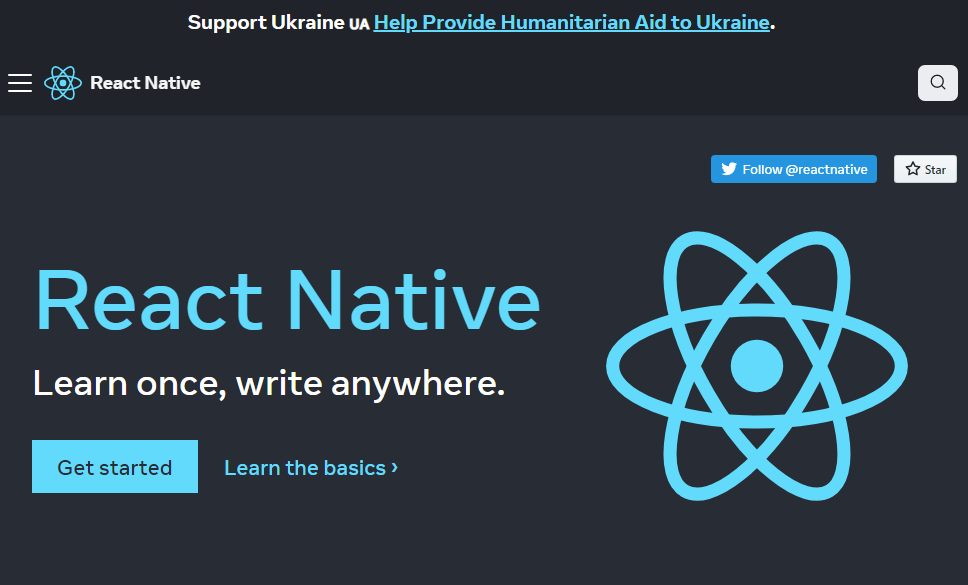
When we talk about the best cross-platform application frameworks in the market, it is impossible to not mention React Native. This framework is the developers’ preferred as it has many remarkable features. It is used for writing code and offers native-like mobile applications. It is made on JavaScript which works well on both iOS and Android. Many businesses rely on React Native and prefer it as their app development framework.
JavaScript provides a benefit to developers in writing modules in Swift, Objective-C, or other Java languages. Using the libraries and native components in this framework, programmers can also complete heavy actions like video processing, image editing, and much more.
Features of React Native:
- As this framework is an open-source framework, it has a huge community to support, improve, and add new features.
- It requires single coding, which solves the problem of doing the same thing twice for other platforms.
- The application development time is less due to the one-time coding feature. This also keeps the cost at the lowest.
- It is well-suited with third-party extensions like Google Maps,
- Provides a smooth and responsive interface, reducing loading time.
2. Flutter
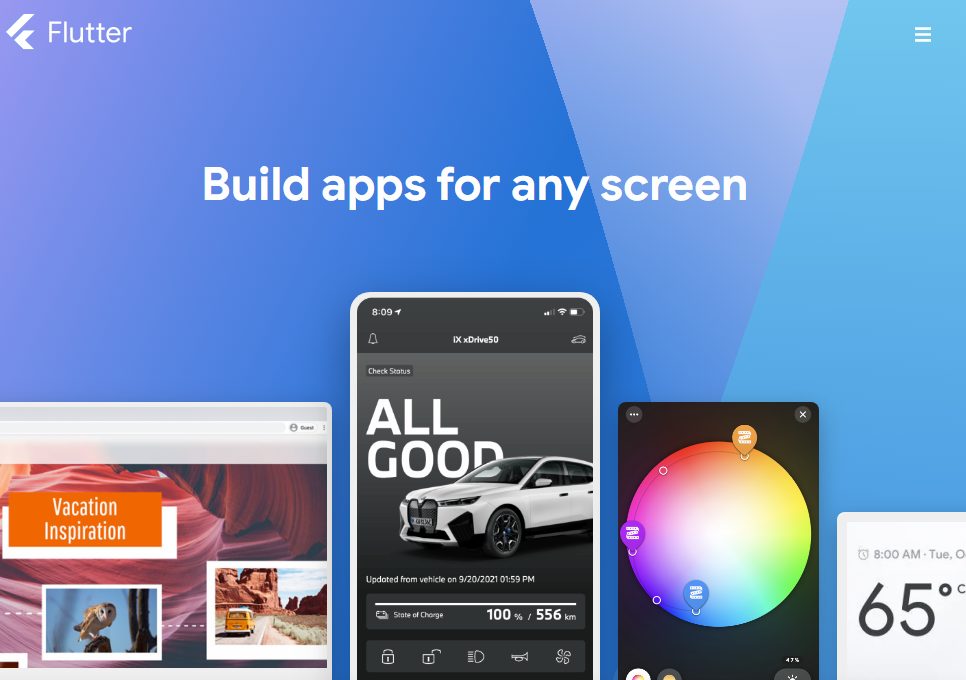
Flutter was introduced by Google in the year 2017. It is an impressive cross-platform app framework that runs effectively across multiple platforms. It is a software development gear that allows developers to create apps for Android and iOS.
Applications made using the Flutter framework have shown evident gains for businesses. The performance of applications built with this framework is fast and better functioning. Instead of JavaScript, it uses Dart programing language which makes it distinct from other frameworks. Developers can see code adjustments in real-time.
Features of Flutter:
- This framework doesn’t require manual UI content updation because it is a responsive framework. Only the variables need to be restructured.
- It is best for developing MVP (Multiple Viable Product) as it accelerates the process of app development making it very cost-effective.
- Using Flutter, developers can re-create widgets efficiently.
- It uses GPU which offers powers UI. This makes code modifications easy to understand.
- Developers can escape from making different interfaces for iOS and Android as this framework has an inherent graphic engine.
3. Xamarin

Developed in the year 2011, Xamarin is an open-source platform. This cross-platform application development framework is quite different from other frameworks on the list. It is an efficient framework that is used for creating fully-functioning applications for Android, iOS, and Windows with .Net and C# instead of JavaScript and HTML. Xamarin allows developers to build native-like apps with amazing APIs.
Features of Xamarin:
- Apps built with Xamarin are developed using C# which is better than Java and Objective-C.
- Xamarin offers native-level application functionality. This significantly minimizes issues of hardware compatibility with APIs and plugins.
- As it supports C++, Java, and Objective-C, Xamarin allows developers to reprocess third-party codebases encoded in these languages.
- The cost and time of developing an app are reduced.
4. Ionic
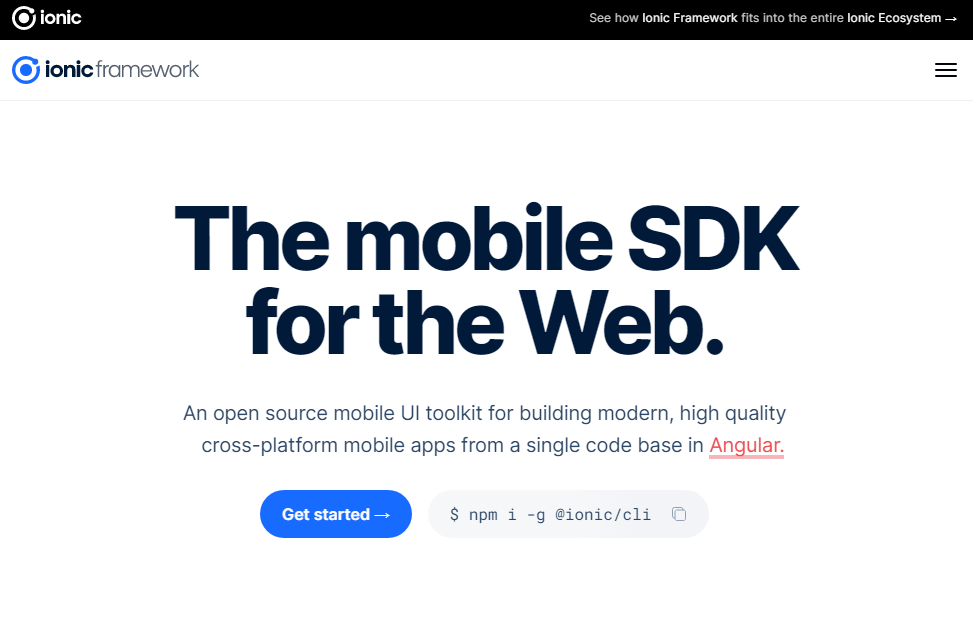
Ionic is one of the popular and most remarkable cross-platform app development frameworks today. It is based on Angular JS. This framework allows developers to use a blend of the best programming languages such as JavaScript, CSS, Cordova Wrapper, and HTML5 to use and edit native platform regulators.
This framework enables developers to add user-friendly features and a creative user interface to the application. Apps which are developed using the Ionic framework are native-like and highly interactive.
Features of Ionic
- Ionic is an open-source framework that allows modification in the code structure. It is suitable for every developer as it saves a lot of time in the development process.
- It is based on the SAAS UI framework that is specially designed for mobile operating systems. It offers several UI modules to develop robust apps.
- It is based on Angular JS which makes it easy for developers to add attractive features and elements to the application.
- Ionic use Cordova plugins which help developers access devices features like GPS, Audio Recorder, and Camera. This is one of the greatest benefits a cross-platform framework could have.
5. NativeScript
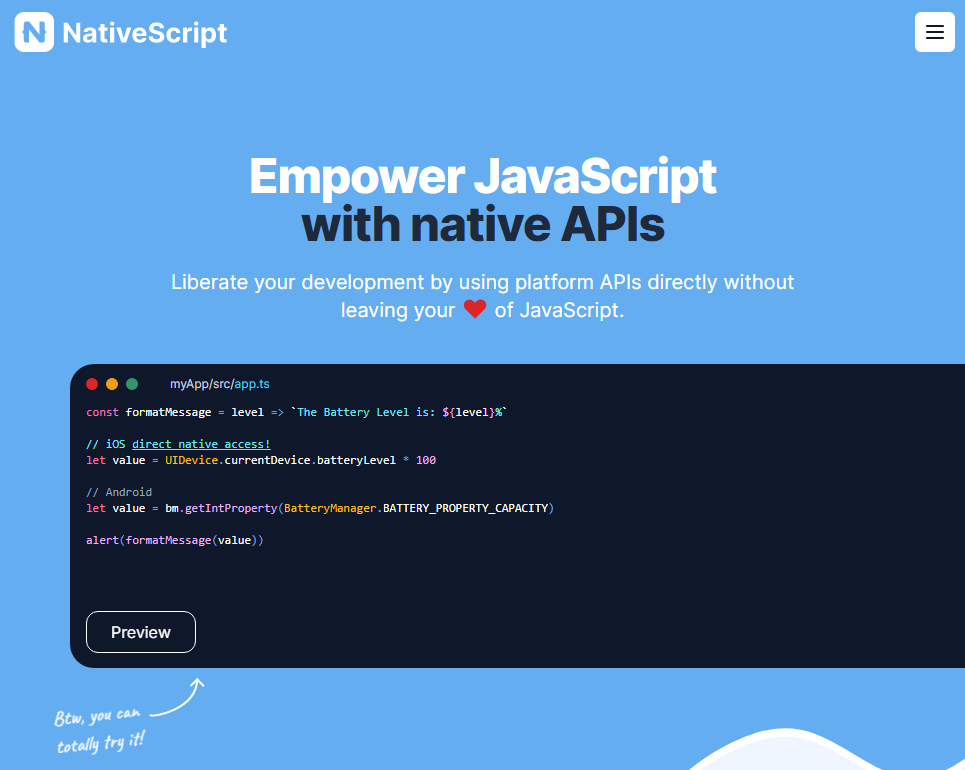
Based on JavaScript, NativeScript is an amazing cross-platform app development framework. If you are looking for WORA functionality then this framework is among the top choices. Once the coding is done, developers can reuse it on many platforms. It extracts highly accessible and beautiful UI without WebViews. Customization of the UI to particular screens and devices is easy.
Features of Xamarin:
- This framework offers programmers full web resources which are loaded with all types of plugins. Xamarin excludes the requirement for resolutions from third-party.
- Freedom to access native iOS and Android APIs means developers are not required to have additional native language knowledge.
- Uses TypeScript and Angular for programming goals
- It supports AndroidArsenal and Cocoapods strategies.
6. Node.js
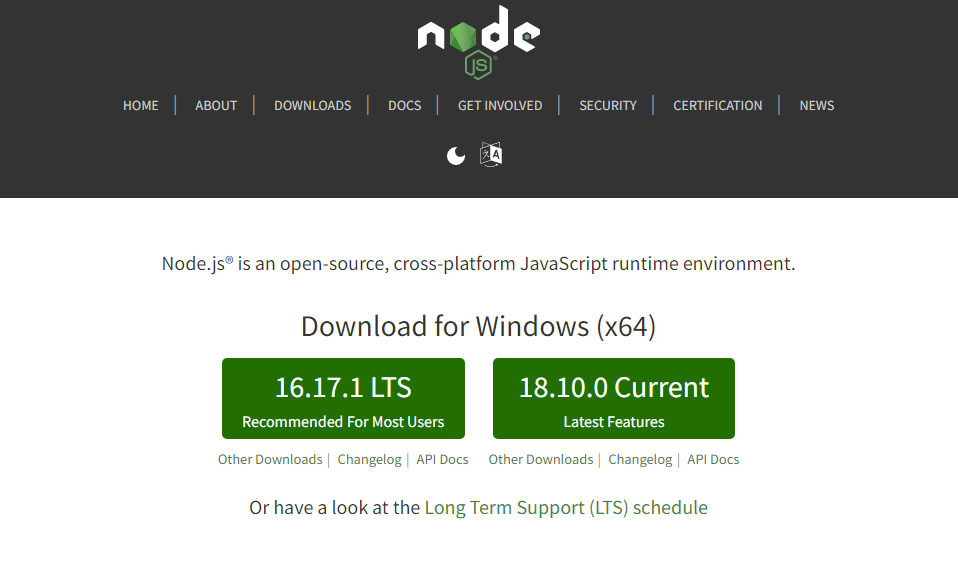
Node.js is one of the incredible cross-platform app development frameworks. It is an open-source framework based on the Chrome V8 JavaScript engine. It also backs the development of scalable and server-side networking applications. This framework is highly responsive and efficient.
This framework can easily handle many parallel connections at once. It has a complete library of several JavaScript modules to simplify the entire app development process.
Features of Node.js:
- This framework is impressively swift in the process of code execution.
- Cross-platform apps built with Node.js works seamlessly.
- It uses a single source pattern with event coiling functionality. This helps the server to provide a quick response.
- It helps developers to create well-functioning and smooth cross-platform applications.
- The Chrome V8 engine is the quickest dynamic language translator.
- This framework has a very huge developer community.
In addition to the capabilities offered by NodeJS, businesses seeking to expand their digital presence can also benefit from Java development services. Java is renowned for its robustness and versatility, making it an ideal choice for building complex web applications and enterprise-level solutions. By leveraging Java development services, companies can create scalable applications that enhance user experiences, integrate seamlessly with existing systems, and ensure high performance across various platforms. This combination of technologies allows for the development of dynamic, interactive applications that meet the evolving needs of users.
7. PhoneGap
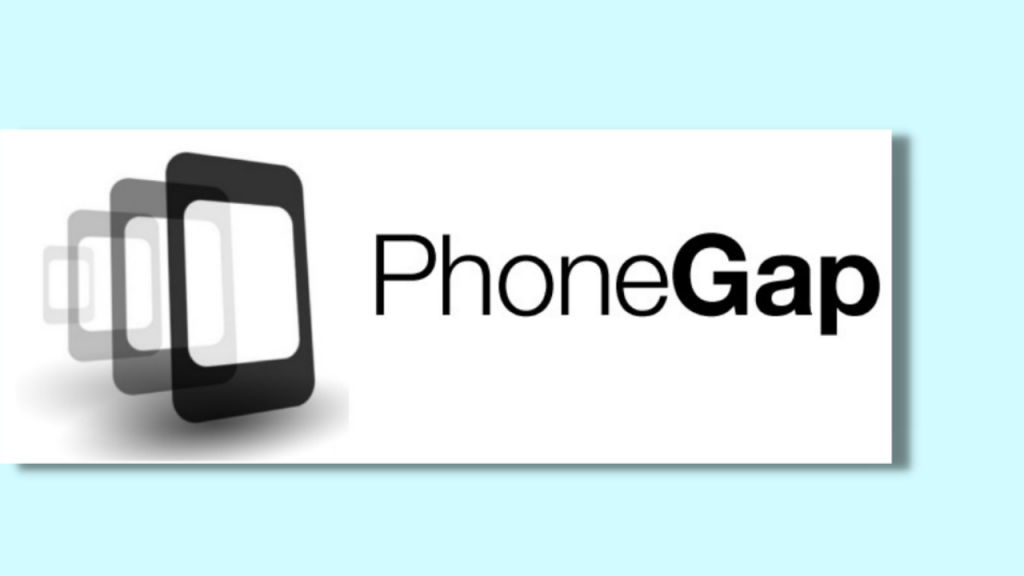
Nitobi Software developed PhoneGap in the year 2005. After six years Adobe bought it from Nitobi and took it under its brand. PhoneGap is also called Cordova which has the largest market segment of all the cross-platform app development frameworks existing out there. One of the major advantages of using PhoneGap is its strong back-end system that quickens the speed of app development.
PhoneGap uses JavaScript, HTML5, and CSS to build cross-platform apps. This framework also provides cloud support to developers that allows them to share the entire app-building process with other programmers to get feedback. It leverages current web tools. Besides developing impressive cross-platform applications, PhoneGap also backs all in-built features of the device like a Phonebook, Camera, GPS, Storage, etc.
Features of PhoneGap:
- This perfect cross-platform app development framework allows developers to build impressive apps using CSS3, JavaScript, and HTML5.
- This framework uses one code base for creating applications for Android, iOS, Blackberry, Windows phones, etc.
- The APIs can be extended in modular methods as this is greatly plugin-able.
8. Appcelerator Titanium
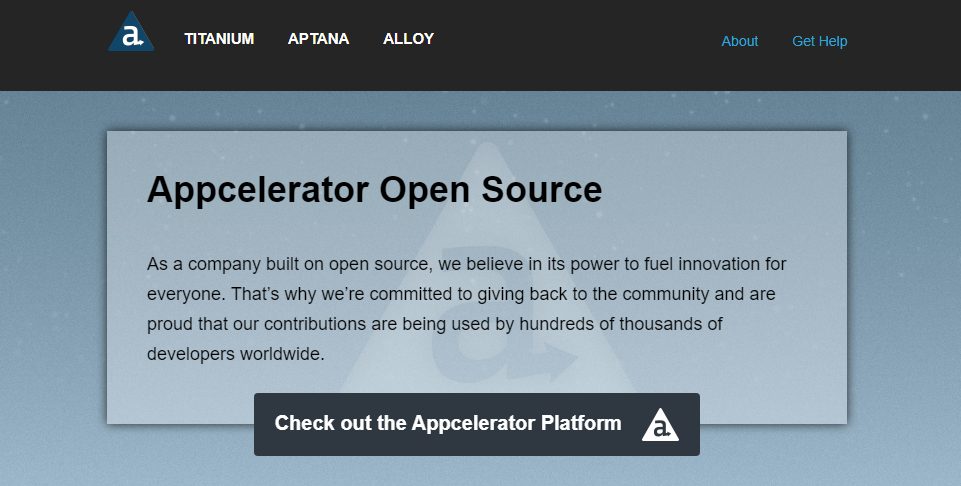
Appcelerator Titanium is open source app development framework that was out in 2008. Cross-platform API and device functionality are the core features of this framework. It is a schema-less database ArrowDB that allows developers data deployment easy.
It is one of the cross-platform app development tools that allow developers to build apps easily and smoothly. Appcelerator Titanium framework is a great way to build cross-platform applications with a single code. The main focus of this framework is to streamline the entire app development process with JavaScript native components.
Features of Appcelerator Titanium:
- This framework consists of an in-built connector for MS Azure, MS SQL, Box, and Salesforce.
- Appcelerator Titanium has several tools to accelerate the cross-platform app development process.
- A prototype can be created with less effort and time to assess user contact with UI.
- This framework allows the assimilation of the current delivery system.
9. Corona SDK

Using Corona SDK developers can create 2D mobile apps for all platforms including Windows and Kindle. It enables programmers to develop apps at in10X speed. The outcomes are remarkable.
This framework focuses on major elements of the app development process i.e. manageability, rapidity, scalability, ease of usage, and extensibility. It supports immediate testing and works on both Windows and Mac OS X.
Developers prefer this framework due to its spotless performance. You can build perfect cross-platform mobile apps using Corona SDK. It is an open-source framework based on Lua programing language. It is lightweight and multi-faceted. Programmers can develop games for all platforms like desktops, connected TVs, iPads, etc.
Features of Corona SDK:
- Corona SDK offers more than 1000 APIs that enable developers to play with animations, texture, and music.
- There are numerous plugins that can be used for in-app advertising, analytics, media, hardware features, and other things.
- This framework is based on Lua programing language which makes it powerful and prompt.
- Programmers can check the code changes immediately as this cross-platform app development framework responds to alteration the fastest way.
10. Sencha Touch
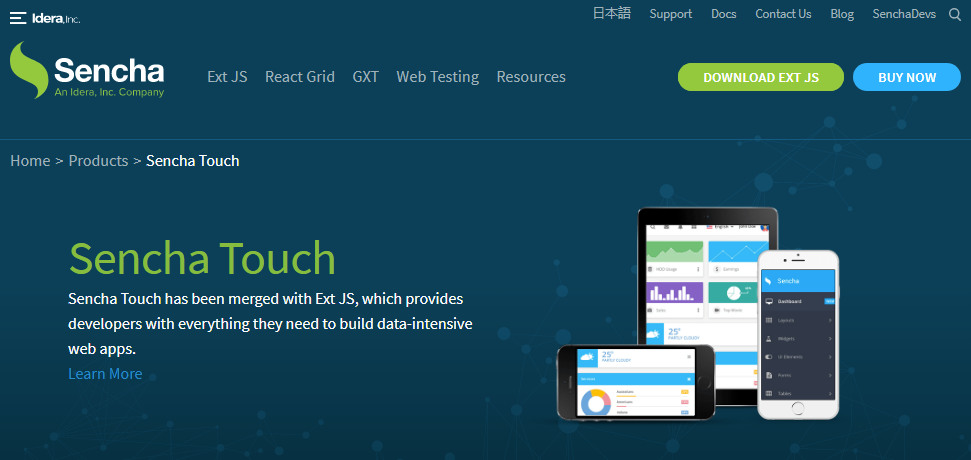
Sencha Touch was introduced an era ago and till today its popularity has not changed. This framework helps developers in creating web-based and well-tested cross-platform applications. You can develop securely incorporated UI modules and libraries. With the Sencha Touch framework, it is easy to create large corporate applications and sustain them with ease and effectiveness.
This framework is commonly used to develop efficient apps that utilize hardware acceleration practices. The applications that are created using Sencha Touch are safer to use as they are tested enough.
Features Sencha Touch:
- This framework is well-known for its in-built themes that are made for all different platforms like iOS, Android, Windows Phone, Blackberry, etc.
- As Sencha Touch supports Cordova integration, this feature makes it the most prominent one.
- This framework allows new as well as old code to work together.
- Sencha Touch comes with an operational backend data set to work with.
- Remarkable themes for different mobile platforms.
- It is loaded with over 50 customizable in-built widgets. Sencha Touch has a rich collection of UI such as forms, toolbars, lists, carousels, menus, etc. developed particularly for different mobile platforms.
Benefits of choosing a cross-platform app development framework
Cross-platform frameworks offer excellence with convenience that’s why their popularity is going to the next level. Picking a cross-platform framework offers great advantages including:
Maximum reach: You can target a maximum number of people on multiple platforms such as Android, iOS, Blackberry, Windows, etc. with one application.
Low cost: As cross-platform applications can run anywhere, it helps businesses reach many people with one app. Codes can be reused. This way you can expand your business reach in the most cost-effective manner.
Easy maintenance: One app is compatible to run on different platforms. It is easy to maintain a universal app and deploy code. Updates can be synchronized rapidly across all the platforms which save time and huge money.
Quick process: The time involved in developing an app using a cross-platform framework is comparatively quicker than others. One source code for manifold platforms helps in saving a lot of time in the app development process.
Reusable code: As already mentioned, code created under a cross-platform app development framework can be used several times. Developer escape from writing new code for every platform as it can be used again. This saves both time and resources. So it is a win-win situation.
Cloud integration: Apps developed using a cross-platform framework are entirely compatible. It can take the benefit of several plugins integrated with cloud settings. The application’s scalability and usefulness are enhanced via the coordination of one source code with various extensions and plugins.
Tips to pick the most appropriate cross-platform app development framework
The framework you select plays a key role in determining the final appearance of your business app and how your target audience interacts with it. Your decision should be taken after factoring in the following:
- Experience of the developer and knowledge of programing language.
- The type of app you are developing.
- The operating system you are targeting and suitable for you.
- Should fit your industry.
- Scalability and flexibility of the framework.
- The size of the community to support.
How can VOCSO help?
VOCSO specializes in creating custom cross-platform apps for clients from all industries. Whether you need a simple app with a few basic features or a complex app with a wide range of functionality, VOCSO has the experience and expertise to get the job done right. If you’re looking for a cross-platform app development company that can provide you with the highest quality results, look no further than VOCSO.
Looking to develop a new app for your business? Or improve an existing one? VOCSO can help. We are a leading app development company based in India, with a team of highly skilled and experienced developers. We offer flexible hiring options, so you can choose to hire developers on an hourly or monthly basis, depending on your needs.
And our developers are proficient in all the latest technologies, so they can create scalable and robust apps that meet your specific requirements. You can hire the following dedicated developers for your web and mobile app development:
- Hire AngularJS Developers
- Hire ReactJS Developers
- Hire Dedicated PHP Developers
- Hire Laravel Developers
- Hire NodeJs Developer
- Hire NextJS Developers
Wrapping up
Almost every company is creating a mobile version of their website to stay steadfast in this fiercely competitive market. Cross-platform app development frameworks have become a universal preference to create feature-rich apps. It has manifold benefits. This is one of the most economical approaches for reaching a large number of customers through a business app.
Reading all the features and descriptions of all the above-mentioned cross-app development frameworks must have made your selection process easier. Now you can choose the finest framework for your corporate app development. Make sure that your selected cross-platform app development framework suits your business need.
Having a feature-rich and attractive business application is undoubtedly the most important factor in ascending your customer base. Go ahead, find your best fit, and redefine your mobile application development process.


